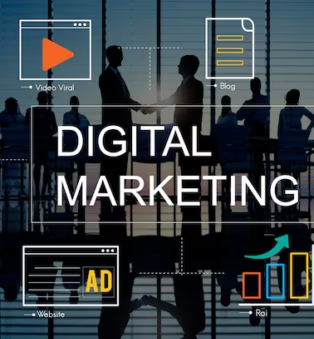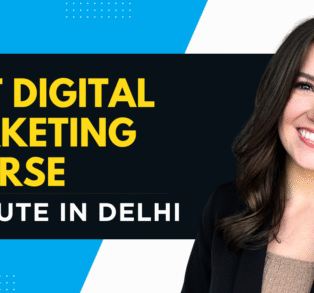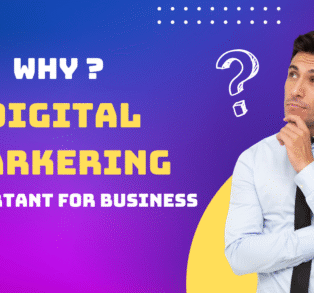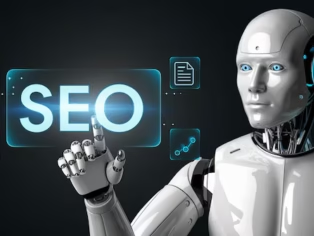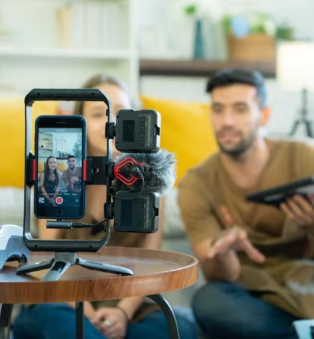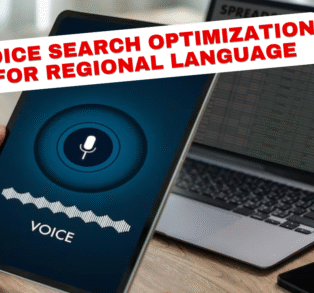Can SEO Be Automated? Exploring the Balance Between AI and Human Strategy
Search Engine Optimization (SEO) is one of the most essential pillars of online visibility. Whether you’re running a personal blog, an e-commerce store, or a large-scale enterprise, showing up on the first page of Google can make or break your success. But in today’s world of automation and AI, a pressing question arises: Can SEO be automated?
Let’s dive into this topic by understanding the basics of SEO, exploring what can and cannot be automated, and why the human touch still matters more than ever.
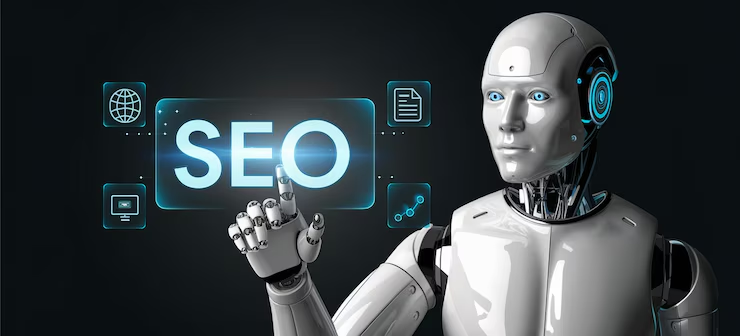
Understanding SEO: The Basics in Simple Terms
SEO is the process of improving a website’s visibility on search engines like Google, Bing, and Yahoo. The goal is to appear on the first page when people search for terms related to your product, service, or content.
There are three key pillars of SEO:
On-Page SEO – optimizing your content, titles, keywords, and internal links.
Off-Page SEO – building authority through backlinks, social proof, and external content.
Technical SEO – making sure your website runs smoothly, loads fast, and is crawlable by search engines.
Now, imagine doing all these tasks manually, especially if your website has hundreds of pages. That’s where automation enters the conversation.
What Does SEO Automation Really Mean?
When people talk about SEO automation, they’re referring to using tools and software to handle repetitive or time-consuming tasks. These tools use Artificial Intelligence (AI) or predefined algorithms to simplify processes.
Let’s explore which parts of SEO can be automated—and which require a human brain.
What Can SEO Be Automated ?
1. Keyword Research
This is where most automation starts. Tools like Ahrefs, SEMrush, and Surfer SEO allow you to enter a seed keyword and get hundreds of related keyword suggestions. They show search volume, competition, and intent.
✅ Why it works: These tools save hours of research.
❌ What’s missing: Understanding your audience’s emotions and intent behind a keyword still requires human analysis.
2. Content Optimization
Plugins like Yoast SEO and Rank Math help optimize on-page content. They suggest ideal keyword density, title tags, meta descriptions, and even readability improvements.
✅ Why it works: Ensures best practices are followed without forgetting important tags.
❌ What’s missing: They don’t know your brand voice, tone, or storytelling style.
3. Technical Audits
Automation tools such as Screaming Frog, Sitebulb, and Google Search Console can run scans on your site and highlight errors—like broken links, missing alt texts, slow-loading pages, or mobile usability issues.
✅ Why it works: These scans are fast, consistent, and accurate.
❌ What’s missing: Deciding which issues actually matter for your audience and content still needs human logic.
4. Rank Tracking and Reporting
Automation tools like Moz, SE Ranking, and Looker Studio can track your keyword rankings daily or weekly. They also generate visual reports that show SEO performance over time.
✅ Why it works: You get real-time, automated updates without lifting a finger.
❌ What’s missing: The ability to analyze why a rank dropped or rose, which often needs deeper, manual investigation.
The Limits of SEO Automation
While automation can boost productivity, it has limitations. Understanding these limits is crucial for long-term success.
❌ Lack of Human Creativity
SEO is not just about inserting keywords. It’s about connecting with people. Automated tools can’t tell engaging stories, understand humor, or align content with your brand’s emotional tone.
Human Psychology Tip: People make decisions emotionally and justify them logically. Automated content often lacks emotional triggers—like trust, curiosity, or empathy—that influence real user behavior.
❌ Risk of Over-Optimization
Automated tools can push you toward “perfect scores” but may encourage practices like keyword stuffing or unnatural phrasing. Google penalizes content that seems optimized for robots, not humans.
Remember, Google’s algorithm now uses AI models like BERT and RankBrain, which are designed to understand natural human language. If your content doesn’t read like it’s meant for a real person, your rankings can suffer.
❌ Lack of Adaptability
Search algorithms change frequently. Automation tools may take time to update or might give outdated recommendations. SEO professionals, however, can adapt quickly to new trends and updates like Google’s Helpful Content Update.
❌ Ethical Concerns
Using AI-generated content without reviewing it can lead to plagiarism or inaccurate information. Google values original, people-first content—not content created just to game the algorithm.
Why the Human Touch Still Matters in SEO
Even as technology advances, human intelligence, empathy, and experience remain irreplaceable in SEO. Here’s why:
🎯 Strategic Thinking
A good SEO strategy requires understanding business goals, user personas, industry competition, and seasonality. Only humans can connect these dots to build a long-term plan.
✍️ Creative Content Creation
No matter how advanced tools become, they can’t write like a passionate human. Real stories, case studies, opinions, and original insights are what make content powerful—and Google agrees.
🤝 Building Relationships
Off-page SEO often involves outreach, partnerships, and collaborations. This is a human activity. No automation tool can build genuine relationships or earn backlinks through real trust.
👁 Critical Thinking and Problem Solving
Why did your traffic drop? Was it due to algorithm changes, competitor improvements, or internal issues? These are problems tools can flag, but only humans can solve with critical analysis.
The Future of SEO: Embrace the Hybrid Model
So, can SEO be automated? The answer is: partially, but not completely.
The most successful marketers will be those who embrace the hybrid model—using automation tools to handle routine tasks while focusing human energy on strategy, creativity, and ethical oversight.
Here’s what that might look like:
Use tools for keyword discovery, but filter results with human understanding.
Use plugins for on-page SEO, but add personal storytelling to connect with readers.
Use audit tools to find technical issues, but prioritize fixes based on business goals.
Use AI to generate content outlines, but write final drafts yourself or with an expert.
Conclusion: Can SEO Be Automated?
Automation is transforming the way we approach SEO, helping us work smarter and faster. But despite the growing role of AI, SEO cannot be fully automated. The emotional intelligence, adaptability, and creativity of humans are still central to winning in the SEO game.
If you want long-term SEO success:
Automate the tasks that don’t need your brain.
Focus your energy where it matters most—understanding people, solving real problems, and creating valuable content.
In the end, it’s not man vs. machine—it’s man + machine. That’s the future of SEO.
Learn SEO Mastery
Tired of spending countless hours on SEO tasks? Explore how automation tools are transforming SEO strategies. Learn the pros, cons, and the best tools to automate your SEO efforts without compromising quality. Start optimizing smarter—today!
Click Here
